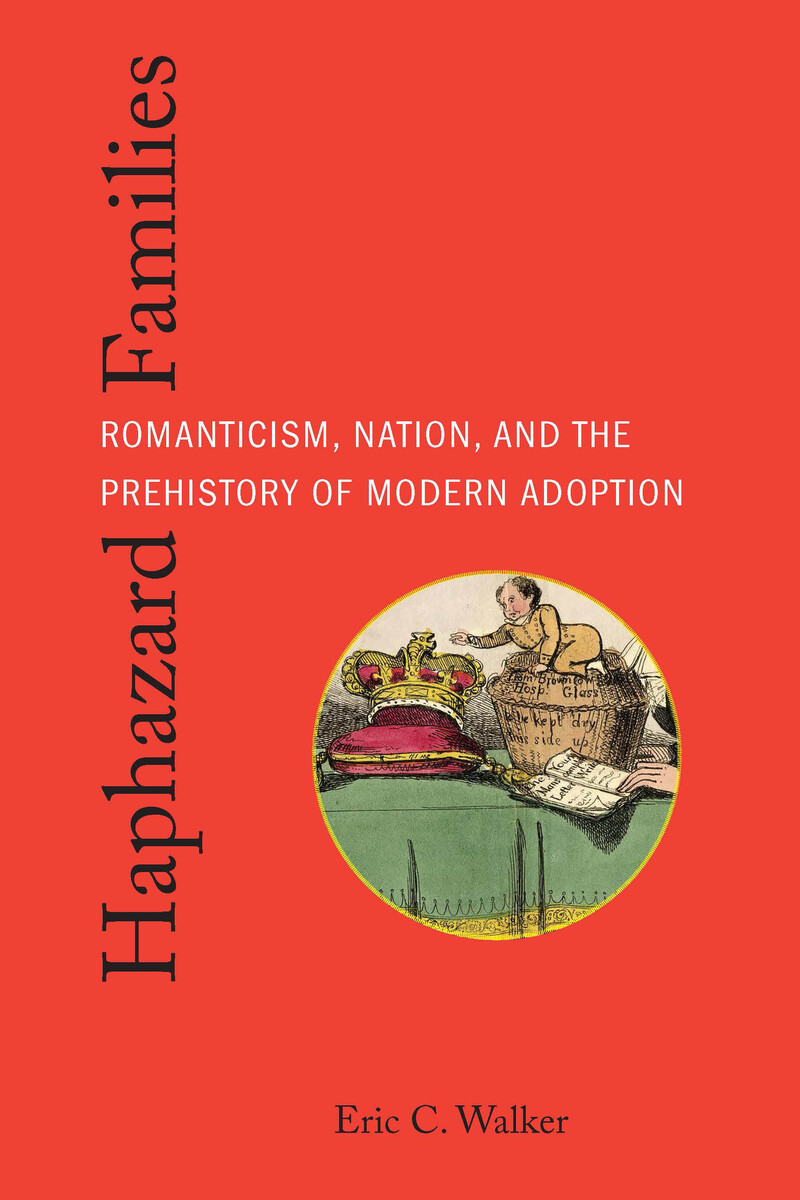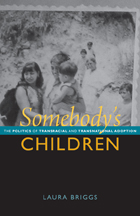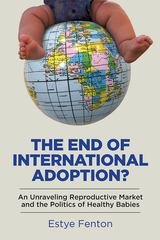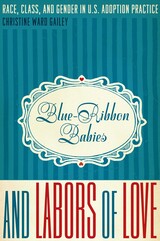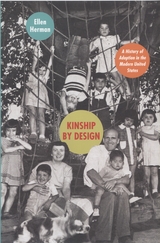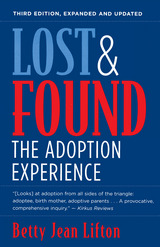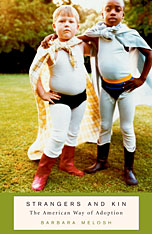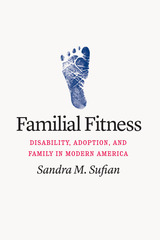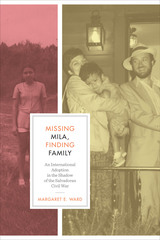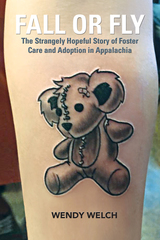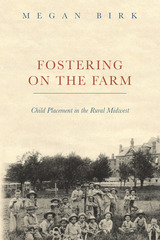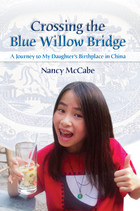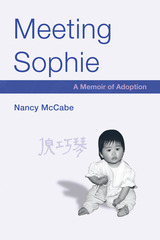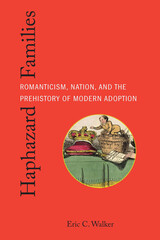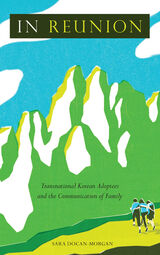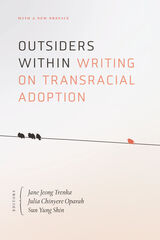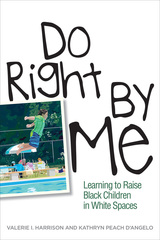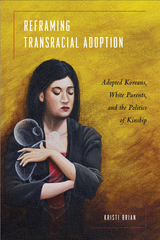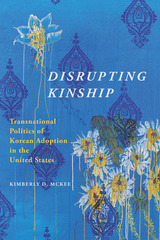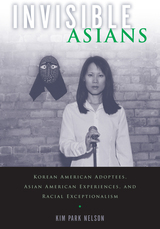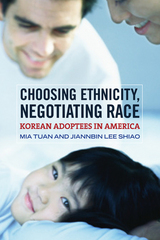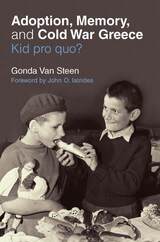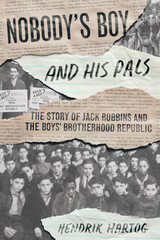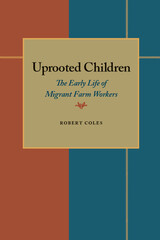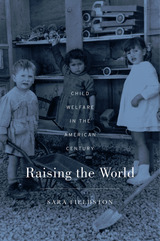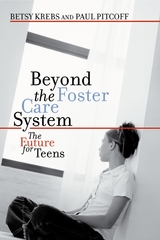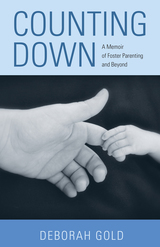Haphazard Families: Romanticism, Nation, and the Prehistory of Modern Adoption
The Ohio State University Press, 2024
Cloth: 978-0-8142-1566-1 | eISBN: 978-0-8142-8345-5 | Paper: 978-0-8142-5908-5
Library of Congress Classification HV875.58.G7W35 2024
Dewey Decimal Classification 362.7340941
Cloth: 978-0-8142-1566-1 | eISBN: 978-0-8142-8345-5 | Paper: 978-0-8142-5908-5
Library of Congress Classification HV875.58.G7W35 2024
Dewey Decimal Classification 362.7340941
ABOUT THIS BOOK | AUTHOR BIOGRAPHY | REVIEWS | TOC
ABOUT THIS BOOK
There are no provisions for adoption in English common law, and adoption wasn't legally formalized in England and Wales until 1926. But a century earlier, untimely adoptions navigated the new exceptionalism of childhood in Romanticism. In Haphazard Families, Eric C. Walker explores the history of the adopted child in Romantic-era England. Taking up the stories of both fictional and historical adoptees, he demonstrates how these children, diminished to nonpersons, shouldered the burden of social constructs of nation, family, gender, and class. Walker further demonstrates how Rousseau’s infamous failure to follow his own ideals of parenthood shaped British reactions in famous texts such as Frankenstein and Emma. Incorporating perspectives from Romantic scholarship and critical adoption studies and examining the stories of adopted children associated with Queen Caroline, Anna Letitia Barbauld, Jane Austen, the Wordsworth siblings, Mary Shelley, Charles and Mary Lamb, Letitia Landon, and others, Haphazard Families considers how Romantic constructions of childhood supply foundational structures of modern adoptee subjectivity.
See other books on: Georgian Era (1714-1837) | Nation | Prehistory | Romanticism | Rousseau, Jean-Jacques
See other titles from The Ohio State University Press
